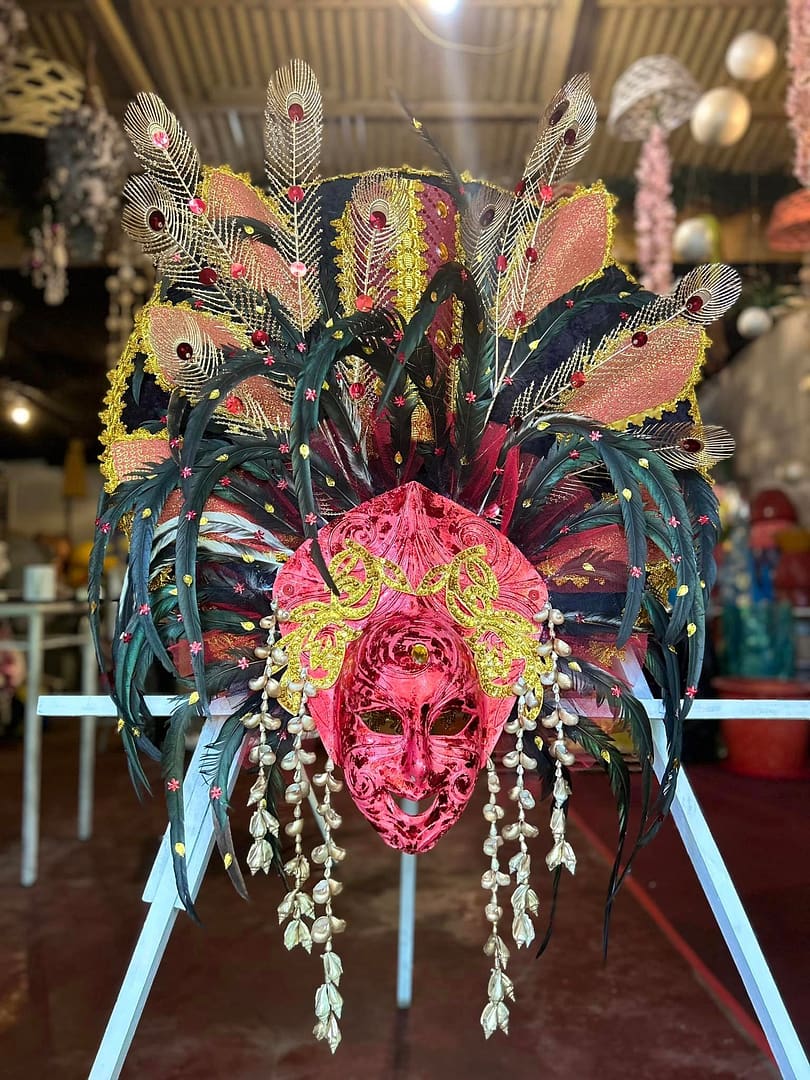While before, its people only drink four cups of coffee a year, China now consumes US$11.1 billion worth of the beans, nine cups of which are imported.
This was the report of the Philippine Trade and Investment Centre in Beijing, quoting a recent speech delivered by Ms Du He, the secretary general and market development director of the China National Food Industry Association during the 3rd China-ASEAN Industry Cooperation Conference held in Kunning, Yunnan Province.
The Chinese food industry leader projected that by the year 2020, Chinese mainlanders are seen to be consuming a cup of coffee a day. By then, China will be sipping $50 billion worth of coffee.
The Philippine Trade and Investment Centre further said that for the first time, the ASEAN coffee industry will get a special focus during the 9the CAEXPO in Nanning, China to be held on September 21-26.
“There will be buyers, traders and importers from China and other countries during the trade fair,” pointed out Christine Rodriguez dela Cruz of the Beijing-based trade and investment office.
She said that coffee growers or exporters who may be interested in joining the Philippine delegation to the trade exhibit to get in touch with Kate Pineda of CITEM.
The Philippines, as of 1995 produced only 123,934 tons of coffee, most of which were consumed locally. Four varieties of the favorite breakfast drink are grown locally, the Arabica, an aromatic variety grown in the Cordillera Administrative Region, robusta, excelsa and leberica more popularly known as “kapeng barako”.
It is a suitable crop on hilly terrain where the climate further features distinct wet and dry seasons which is practically most provinces in the country.
The cultivation of coffee both for local use and for export was introduced by the Spaniards to the country in 1740. At the industry’s peak, coffee ranked fourth largest Philippine export during the Spanish regime.
Towards the end of 19th century, pests almost wiped out the entire industry.
Due to growing local and global demand for the product, in recent years, the Philippine government has been pushing for the expansion of coffee plantations in provinces where it has been known to thrive.
The state-owned National Agri-Business Corporation (NABCOR) was particularly assigned by the Department of Agriculture to orchestrate the expansion of areas planted to coffee. The state firm recently put up, in partnership with a farmers’ cooperative, a coffee nursery and plantation at Lake Sebu in South Cotabato.
The Philippines, however, remains a bit player in the global coffee market, accounting for less than one percent of world supply.
— Abe P. Belena, Reposted from PHILEXPORT News and Features






